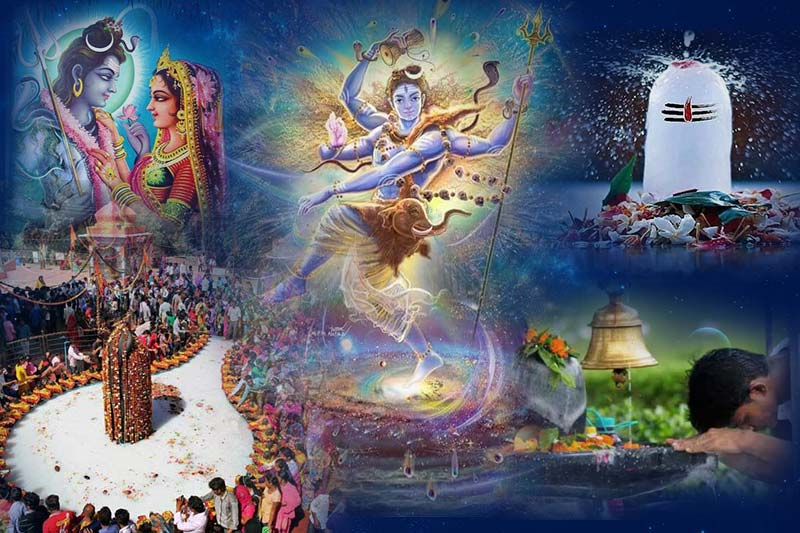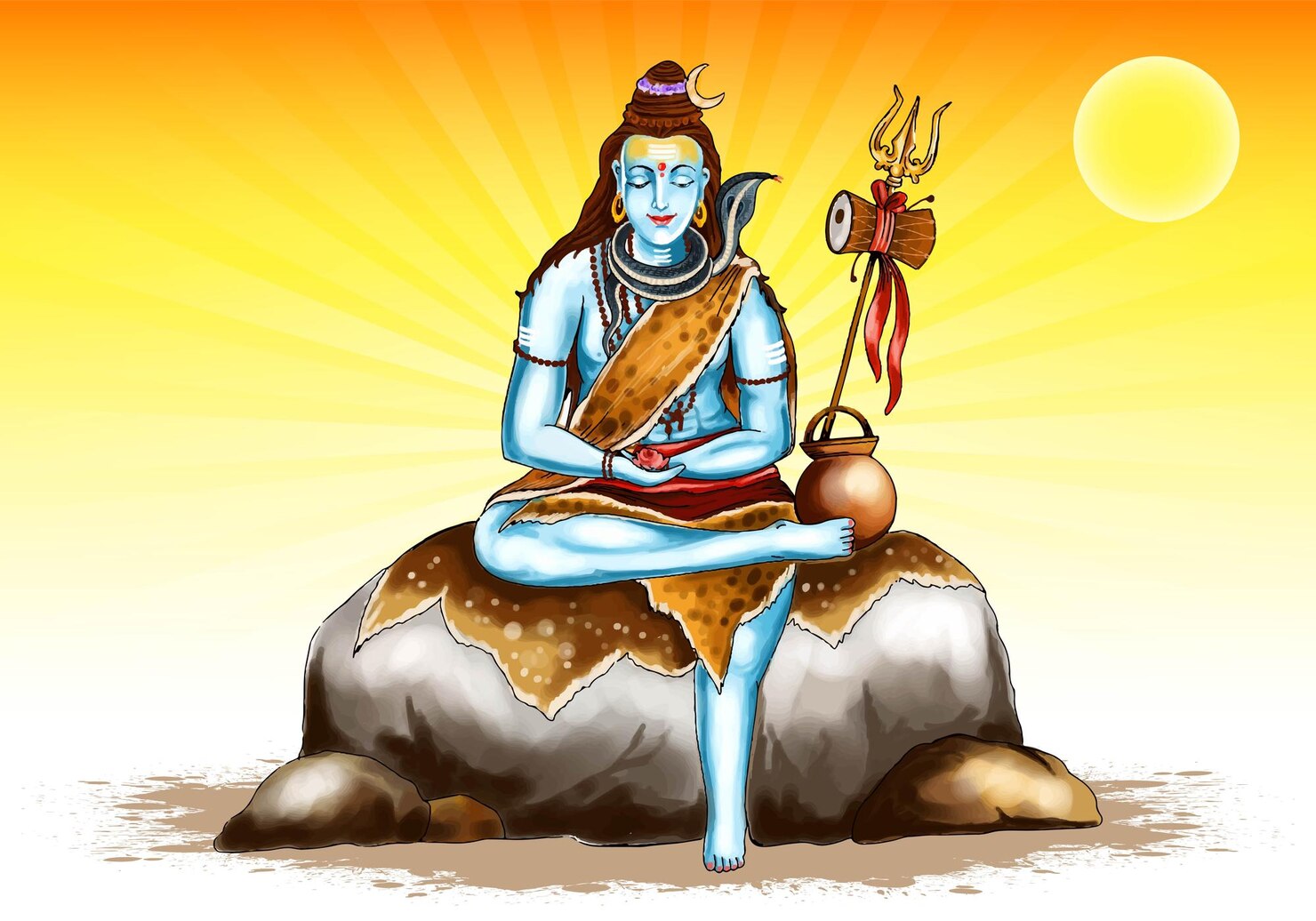Koobay 14" Wooden Trousers Bottom Clips Hangers w Rose Gold.
Interested: 05 Availablity: In Stock
All Religious Books are available in Temple Stores. Our mission is to share the Good of Hinduism, Loving, Faith and Serving.

Mahashivratri is observed on Magha Krishna Paksha Chaturdashi (the fourteenth day of the dark fortnight in the month of Magha, according to the Hindu lunar calendar). In 2025, it falls on 26th February. On this sacred night, Lord Shiva rests for one prahar (a quarter of the night), and this divine resting period is known as Mahashivratri. The date of celebration varies slightly across regions. In South India and Maharashtra, Mahashivratri is celebrated according to the Shaka Samvat calendar on Magha Krishna Chaturdashi, while in North India it is observed according to the Vikram Samvat calendar on Phalguna Krishna Chaturdashi. The difference in dates is also connected to the difference in time spans between the earthly and divine realms. One year on earth is considered equivalent to one day in Swargaloka (heaven). Since Lord Shiva exists in a subtle, divine form, His time cycle moves faster than ours in the gross material world. Hence, His one prahar of rest manifests as one full year on earth.

Once, there lived a cruel hunter who had committed many sins in his life. One day, while hunting in the forest, he came across a Shiva temple. Since it was the day of Mahashivratri, many devotees were gathered there, worshipping Lord Shiva with devotion, singing bhajans and performing kirtans. The hunter mocked them, saying they were foolish to worship a stone idol and chant “Shiva, Shiva” and “Har Har.” Ignoring the temple, he went deeper into the forest in search of prey. He climbed a bel tree (Aegle marmelos) to keep watch for animals. The dense leaves blocked his vision, so he began plucking them while unknowingly repeating the words “Shiva, Shiva.” The leaves he dropped happened to fall directly upon a Shivling beneath the tree. As the night passed, the hunter unknowingly remained awake, offering bel leaves to Lord Shiva and chanting His name. By dawn, when he finally aimed his bow at a deer, the animal pleaded for its life and explained the consequences of sin. The hunter was moved and let it go. Without realizing, the hunter had spent the entire night observing Mahashivratri by staying awake, chanting Lord Shiva’s name, and offering His favorite leaves. This devotion, though unintentional, destroyed his sins and blessed him with divine knowledge. This story shows that Lord Shiva is pleased even by innocent or unknowing acts of devotion, and that sincere remembrance of Him leads to liberation.